The Ithaca College Faculty Council heard from the co-chairs of the Middle States Reaccreditation committee and from the college’s director of Energy Management and Sustainability at its Dec. 5 meeting. Updates were also given on a new faculty retirement plan option and a policy change about the length of advanced notice when the college separates from an employee.
Melanie Stein, provost and senior vice president of academic affairs, began the provost’s report by mentioning upcoming updates to the academic dishonesty policy, in addition to creating a comprehensive credit hour policy. She said the college does not have a written document that explains how courses are assigned credit hours, which institutions are supposed to have.
“We have sort of an … unspoken understanding and practice for some courses, but not all,” Stein said. “We really need to write that down and then make sure that it actually applies.”
Stein also touched on the addition of a new option in the faculty retirement plan. There is a current option called the Transition to Retirement program, where faculty can choose to teach part time for three years and gradually step down. The new option allows faculty to teach full time up until retirement. In exchange for notice two years in advance, the college will give the retiring faculty member benefits. She said this is intended to incentivize faculty to give their department the time to plan for the faculty member’s retirement.
“This has nothing to do with a change in the faculty size or an intent to change the faculty size,” Stein said. “This is simply looking at our longstanding faculty retirement plan and just adding an option.”
Te-Wen Lo, associate professor in the Department of Biology, and John Fracchia, career engagement and technology specialist in the Center for Career Exploration and Development, spoke to the council as the co-chairs of the Middle States Reaccreditation committee. The reaccreditation process occurs every eight years, when the college is required to submit a Self-Study Report and the Middle States Commission on Higher Education Board of Examiners visits campus. This is a three-year process that assesses seven standards and helps implement change and plans for progress.
The volunteer form was due Dec. 4, but many positions are still available to volunteer for. The general commitment is for two and a half years during which there would be about six meetings each semester, although meeting frequency will be determined by each working group. The working groups will begin meeting at the start of Spring 2024. Lo said there are no faculty volunteers from the School of Health Sciences and Human Performance and few from the School of Music, Theatre, and Dance. Lo said they are looking for student membership as well, which is more flexible in terms of how long students serve for.
“Anything you all can do to help encourage the faculty to volunteer, we would greatly appreciate it,” Lo said. “If people are interested in volunteering, but they feel that the commitment of the working group is too great, we will have smaller roles you can play throughout and we would like to know about that as well.”
Lo said individuals can indicate what working group they prefer to work in among the seven groups. However, she said they most need volunteers in the Mission and Goals group, Governance, Leadership and Administration group and the Educational Effectiveness Assessment group.
Learn more about the accreditation process in this article by The Ithacan.
At the start of the meeting, Michael Smith, professor in the Department of History, gave a brief speech during the open session in advance of a scheduled presentation from Scott Doyle, director of energy management and sustainability. Smith gave a short history of environmental studies at the college starting in the 1990s, when a group of students advocated for more education around the topic. A degree was made from preexisting courses which was an early iteration of the Integrative Studies program. Smith spoke about the effort put into creating these academic opportunities and campus climate plans and how he has seen some efforts deteriorate on the part of college leadership. He cited the elimination of the sustainability coordinator position and the faculty cuts in the Department of Environmental Studies and Sciences.
“I encourage you to use whatever influence you have to tell the college leadership to implement that plan to make climate-aware teaching and learning more central to the college’s mission,” Smith said.
Doyle’s presentation covered highlights about the institution’s sustainability policies and progress it has made since 2009, when the Ithaca College Board of Trustees approved the first climate action plan. That plan committed to a goal for climate neutrality by 2050 and created the position that Doyle has now.
Doyle noted the student-led sustainability group, Eco-Reps, has initiatives like composting and donating uneaten dining hall food to reduce food waste. He said students in Eco-Reps reported 182 meals donated just on Dec. 1 from leftover food in Campus Center.
“I’m really proud of that effort in student-based action,” Doyle said. “They generate a lot of ideas, whether it’s the campus-based re-use [called Take-It-Or-Leave-It], food donation, composting and other efforts. That gets lost in some of the bigger stuff.”
Doyle said the Office of Energy Management and Sustainability does an inventory each year to get a sense of how well the college is doing regarding energy, climate and sustainability. He said that compared to data collected in 2007, the college produced half as much carbon emissions in 2022. The data Doyle showed broke down carbon emissions each year within three different scopes: stationary sources, energy and miscellaneous items like landfill waste and travel.
Stationary sources include natural gas for heat and hot water, gasoline and diesel for the college’s vehicle fleet, refrigerant used for air conditioners, and chillers and fertilizers used for lawns and gardens. This scope has remained steady between 2007–22 at about 10,000 metric tons of carbon emissions. Doyle said the college is purchasing an electric vehicle for the vehicle fleet before the end of Fall 2023 which they hope to expand on.
Carbon emissions in scope two began decreasing steadily in 2014 and were eliminated in 2019, according to Doyle’s data. The college buys most of its renewable energy from Energy Direct which is delivered by NYSEG. The other 10% of the college’s electric supply is generated on its 2–3 megawatt solar farm in Geneva.
Doyle said scope three is more inconsistent in emissions and solutions. He said students are using the Ithaca Bikeshare bikes to get around on campus and some people are also using the bikes to commute to campus. Doyle said that so far in Fall 2023, there were 1,100 rides that started on campus, of which 60% stayed on campus and the remainder traveled off campus. He said an additional 900 rides came to campus. He also said there has been a significant increase in student TCAT ridership since passes have been free this semester.
“The trickiest one is scope three emissions that I think you hear a lot of discussion about for creative solutions,” Doyle said. “A lot of it comes down to commuting or other kinds of travel we have. … So, this is one that’s the hardest to quantify.”
Jonathan Ablard, professor and Latin-American studies coordinator in the Department of History, said there should be more service-learning opportunities in the realm of energy management and sustainability beyond Eco-Reps.
“It seems as if the work you’re doing would lend itself to that kind of [learning opportunity],” Ablard said. “That seems critical.”
Doyle said he has benefitted from service learning throughout the development of his career and would also like to see more opportunities on campus. He said he is working to get funding for an inclusive sustainability coordinator to help manage and initiate those ideas.
After Doyle’s presentation, the council motioned to accept recommendations from the Faculty Handbook Amendment Committee regarding changes to Policy 4.15: Separation. The policy change increases the amount of advance notice provided by the college for those in their first or second year, bringing it in line with those who have been at the college for three or more years. The change states that the college must give one full year of advance notice for all tenure-eligible notice or non-tenure-eligible notice separations, regardless of how many years someone has been employed at the college. Separation includes termination by mutual consent or non-reappointment.
Stein said this change was brought forth to help reduce gaps between the departure of one faculty member and the hiring of another and to give departing faculty time to search for another job. She also said there is no reason to keep the old policy.
“I just don’t understand the reason why we wouldn’t afford any of these faculty members less than a year’s notice,” Stein said. “So it just simplifies the policy and improves it, in my view, for all faculty.”
At 6:15 p.m., the council went into an executive session to speak about formal faculty review procedures. Afterward, the council motioned to end the meeting.


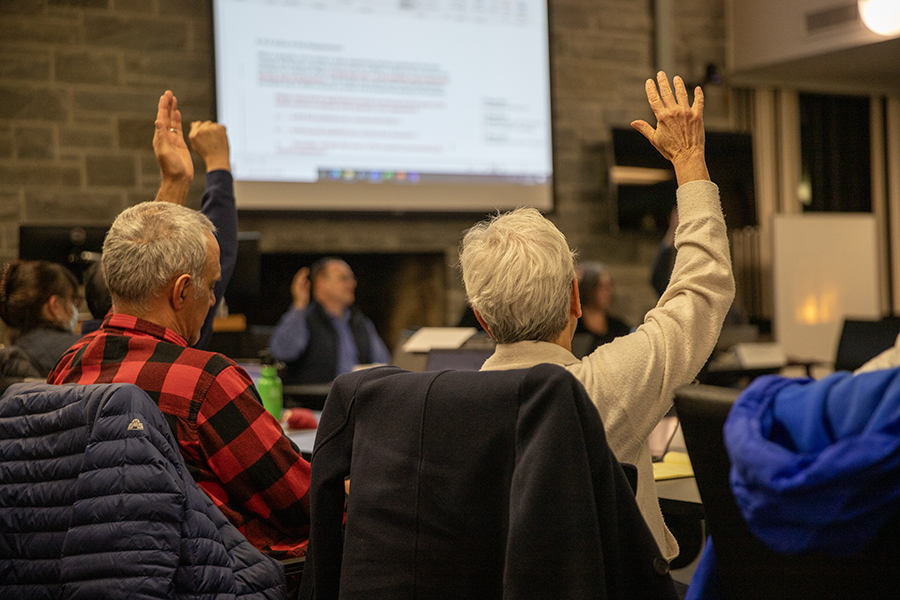







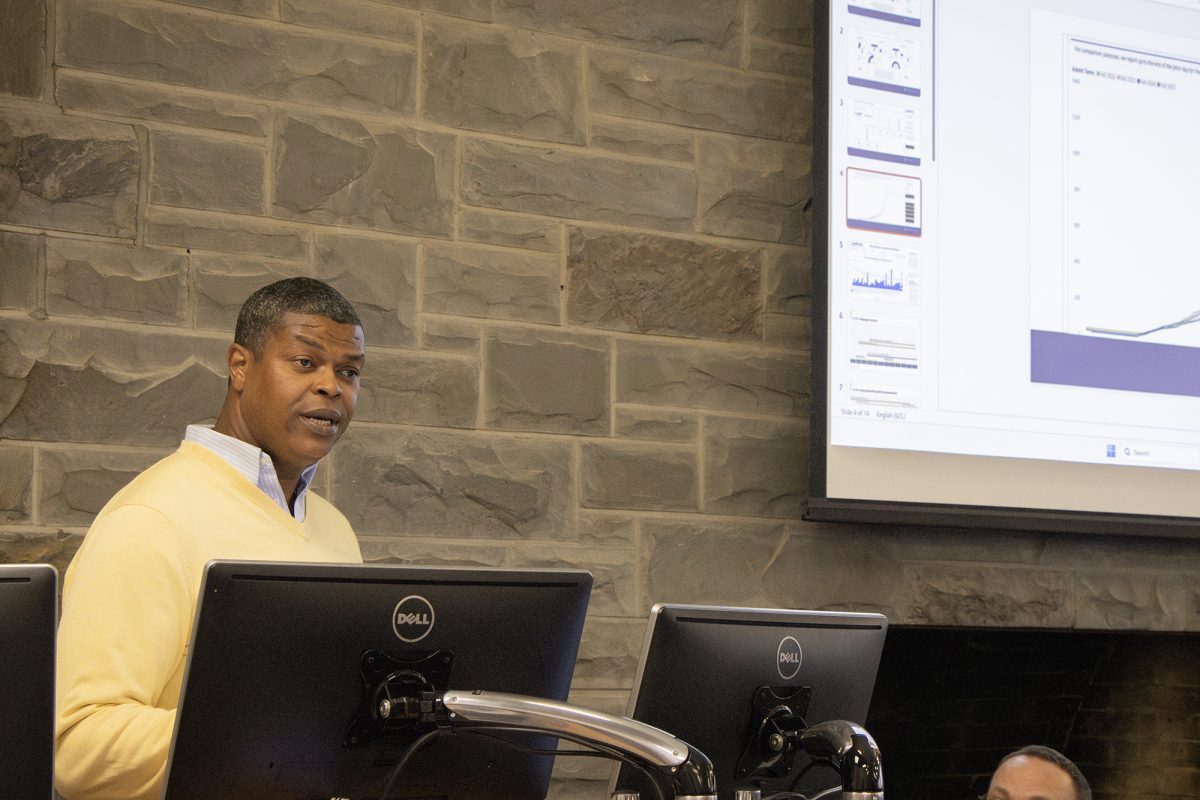
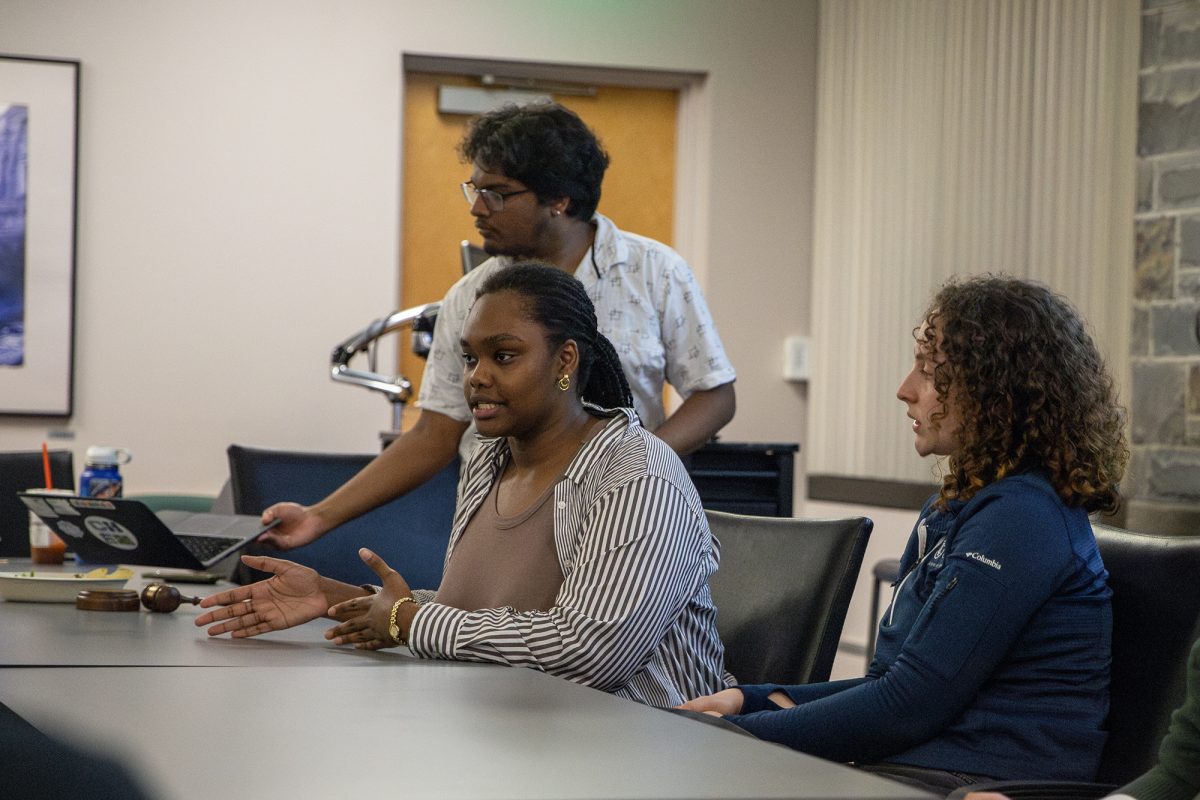
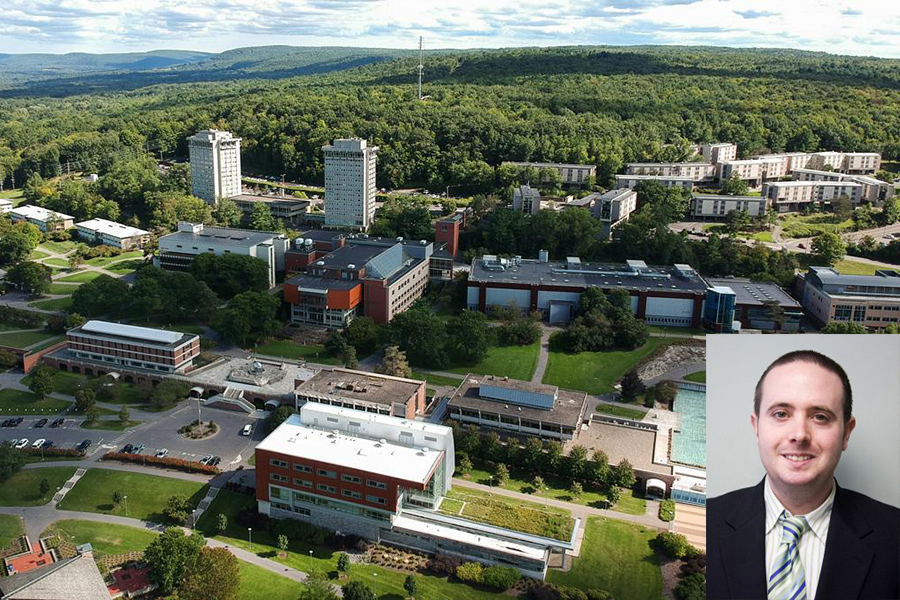
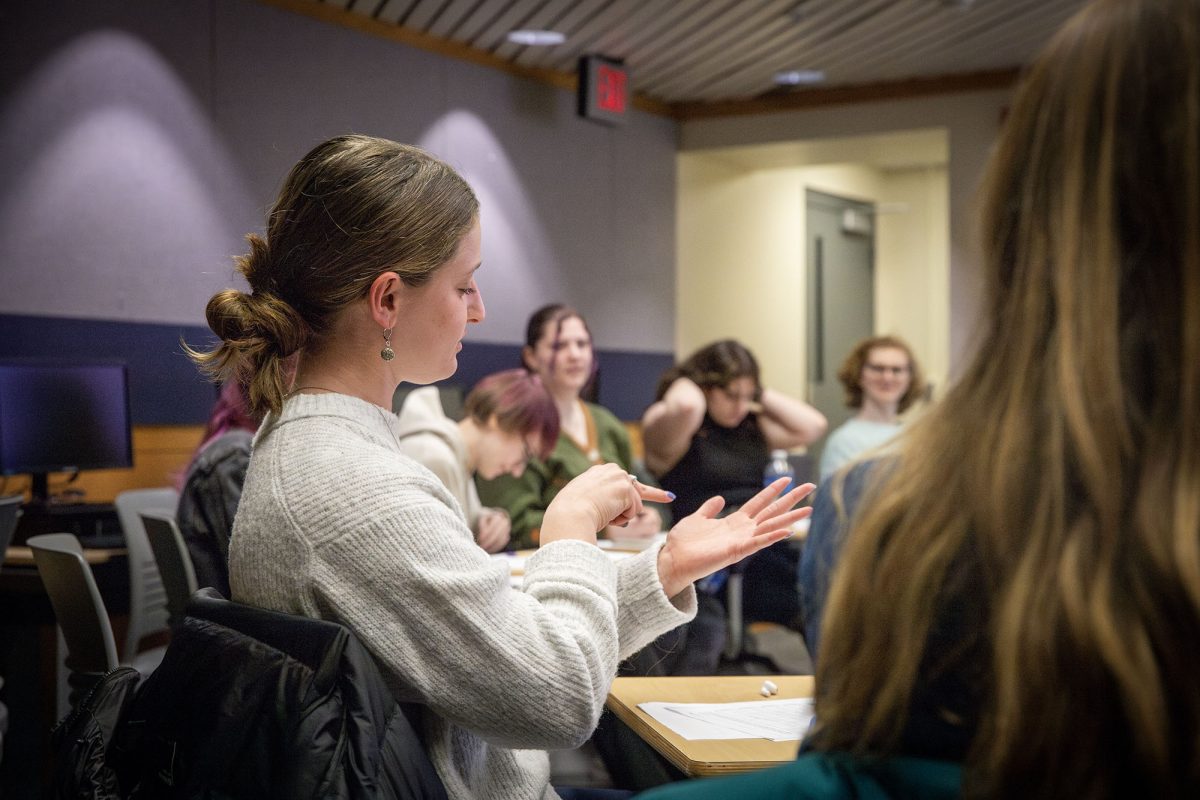


Scott Doyle • Dec 7, 2023 at 9:00 am
Thanks so much for covering Faculty Council and the important work our campus community is doing on the climate/sustainability front. One of those projects, Ithaca Bikeshare, has had great success this fall. It should be noted that monthly rides from campus this fall average around 1,100 rides, not 11,000. Thanks again for the coverage!